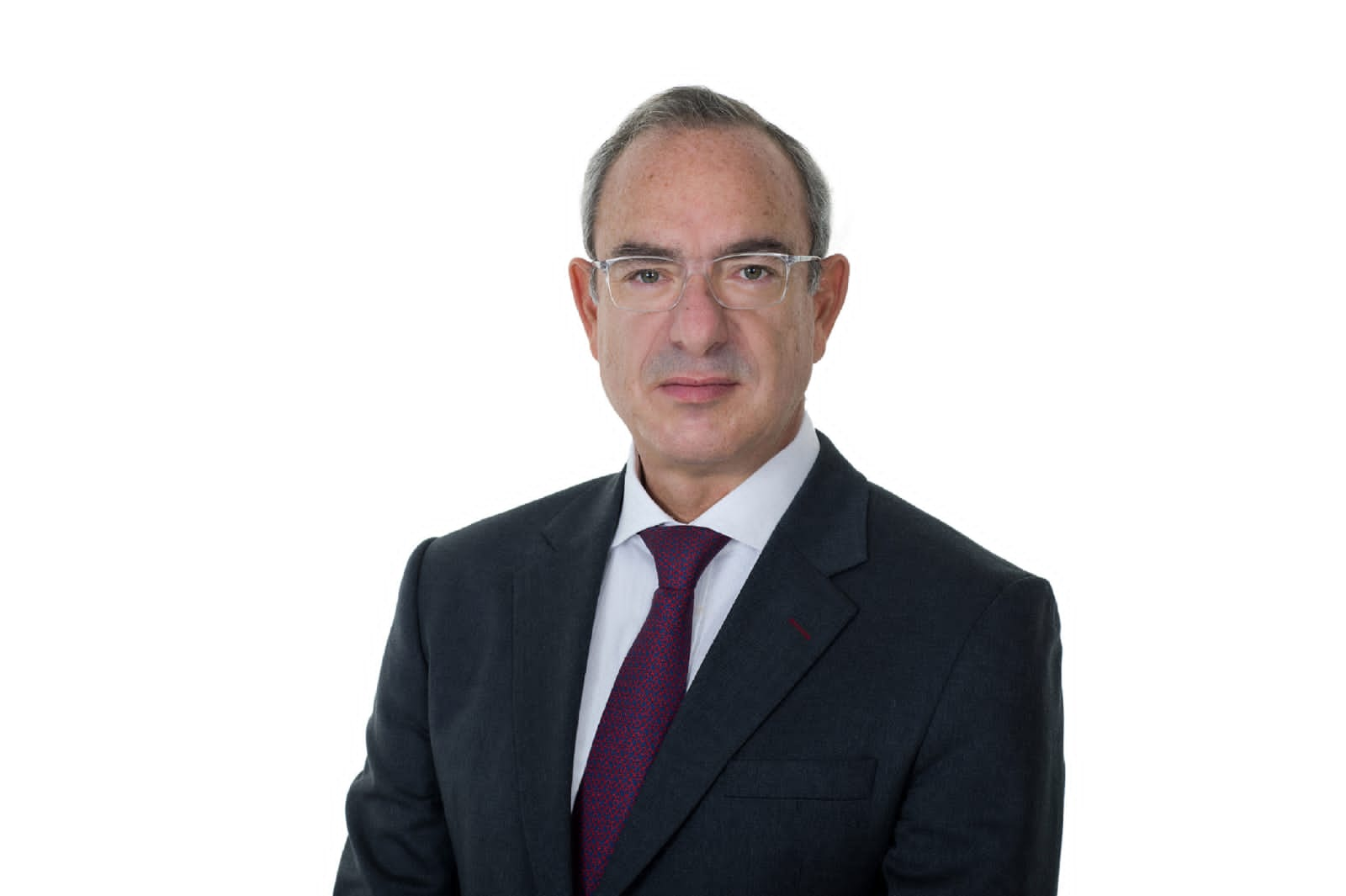Strong growth of GCC economies fuels global real estate investments

During a period of increased market headwinds globally, JLL’s ‘The Resurgence of Outbound Real Estate Investment from the GCC’ report underlines key trends driving global real estate investment
Dubai – Gulf Tech:
With economies in the Gulf Cooperation Council (GCC) expected to be relative global outperformers in 2022 and 2023, regional investors’ appetite for global real estate investment opportunities is likely to grow, according to JLL’s latest ‘The Resurgence of Outbound Real Estate Investment from the GCC’ report.
The challenges posed by spiraling inflation, elevated energy costs, and hawkish monetary policy are impacting investor sentiment globally. This is not only triggering delayed decision-making but also weakening liquidity in international real estate markets, further painting an uncertain global outlook.
However, the Middle East, in particular the GCC, is bucking this trend, as the region’s relatively robust economic conditions have helped strengthen market confidence as well as enhance appetite for discounted investment opportunities abroad.
In addition, the strong recovery in oil prices from mid-2020 has also served as an impetus for increased consumer confidence and buoyant investor sentiment in the region, leading to higher levels of capital being deployed into international real estate.
Fadi Moussalli, Executive Director, International Capital Coverage (ICC), said: “While the healthy momentum of global real estate investment by GCC’s state-owned entities and sovereign wealth funds will continue in the near-term, in all probability, they will proceed with caution and selectivity. Although oil prices have seen a partial reversal in recent months, they remain elevated in comparison to recent history and are unlikely to significantly impact investor confidence in the region. Therefore, the willingness of investors to take advantage of discounted buying opportunities will continue to emerge in the face of the uncertain economic outlook in Europe and the U.S. and moderated competition in bidding.”
Looking ahead, shifts to portfolio strategies in favor of new economic sectors are anticipated. While the office and hotel sectors have governed preferences in the past in cities such as London, Paris, and New York, there has been a shift to higher-growth sectors such as living and logistics. These, in aggregate, account for more than 40% of global investments over the past two years. Investors are also increasingly focused on alternative sectors such as data centers and healthcare assets, a sign of a departure from last-decade strategies. Recent efforts to diversify portfolios are in line with broader themes which were also amplified during the pandemic.
Despite weakening economic growth globally, occupier demand for industrial and logistics space remains resilient, and the lack of available space is anticipated to continue to support the sector’s performance. As for the living sector, whilst signs of slowing have emerged recently, evidenced by a moderation in rent growth, long-term tailwinds favor the sector and are expected to support resilience in performance. As a consequence, GCC investors have significantly increased activity in the sector since 2020, and with living volumes now driving one-third of global investment, the sector is expected to become a more meaningful component of their portfolios. This will not only benefit the multi-housing / build-to-rent sector, but also student housing and seniors housing. Target markets will continue to be the U.S. and Europe, particularly the UK, where Middle Eastern investors have historically been most focused.
Within the evolving real estate investment landscape in the region, investment platforms continue to be a major source of outbound capital from the Middle East, and many of these groups are underweight in real estate and under pressure to identify opportunities to deploy capital. The recent rising interest rate environment has led them to re-evaluate tactics with a greater emphasis on educating their investors, assessing IRRs as a metric, and venturing into new geographies, sectors, and throughout the capital stack—in particular, in debt and preferred equity positions. There is likely to be a deeper focus on M&A and strategic partnerships, where market expertise is a differentiator.
In addition to the established investment platforms in the Middle East, new entrants are emerging. Therefore, these platforms will need to be innovative to differentiate from the competition. Those with smart sourcing capabilities, strong distribution networks and an ability to acquire before syndicating will be best positioned to outperform. New approaches will also be critical to generate returns, prompting the recent focus by Middle Eastern groups in more parts of the capital stack.
A substantial rise in private wealth is also supporting the trend of healthy outbound real estate investments. In the near-term, real estate investments by Middle Eastern private investors are anticipated to largely be determined by country-specific factors.
– ends –




